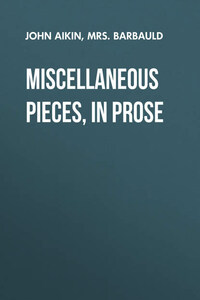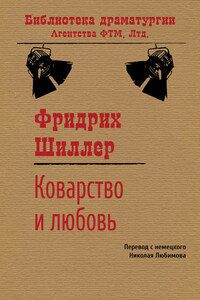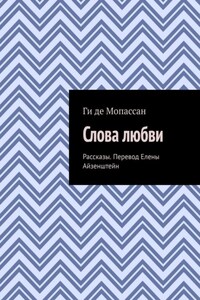ON THE PROVINCE OF COMEDY
Various are the methods which art and ingenuity have invented to exhibit a picture of human life and manners. These have differed from each other, both in the mode of representation, and in the particular view of the subject which has been taken. With respect to the first, it is universally allowed that the dramatic form is by far the most perfect. The circumstance of leaving every character to display itself in its own proper language, with all the variations of tone and gesture which distinguish it from others, and which mark every emotion of the mind; and the scenic delusions of dress, painting, and machinery, contribute to stamp such an appearance of reality upon dramatic representations as no other of the imitative arts can attain. Indeed, when in their perfection, they can scarcely be called imitations, but the very things themselves; and real nature would perhaps appear less perfect than her counterfeit.
The Drama has from early antiquity been distinguished into the two grand divisions of Tragedy and Comedy. It would seem that the general character of these was universally understood and agreed on, by the adoption of the terms tragic and comic, derived from them, into the language of every civilized people. The former of these is, we know, constantly applied to objects of terror and distress; the latter, to those of mirth and pleasantry. There is, however, a more comprehensive distinction of our feelings, which it is proper first to consider.
When we examine the emotions produced in our minds by the view of human actions, we shall observe a division into the serious, and the ludicrous. I do not think it necessary to define or analyse feelings with which all are well acquainted. It is enough to observe that serious emotions are produced by the display of all the great passions which agitate the soul, and by all those actions, which are under the jurisdiction of the grand rules of religion and morality; and that ludicrous emotions are excited by the improprieties and inconsistencies of conduct or judgment in smaller matters; such as the effects of false taste, or trifling passions. When we now apply the words tragic and comic, we shall at once perceive that the former can relate solely to such subjects as occasion serious, and the latter to such as occasion ludicrous emotions.
Now, although the practice of writers has frequently introduced ludicrous parts into the composition called a Tragedy, and serious parts into that called a Comedy, yet it has ever been understood that what constitutes the essential and invariable character of each is something which is expressed by the terms tragic and comic, and comes under the head of serious or ludicrous emotions. Referring therefore to a future consideration, the propriety of introducing serious parts in a Comedy, I shall now lay down the character of Comedy as a dramatic composition, exhibiting a ludicrous picture of human life and manners.
There are two sources of ludicrous emotions which it is proper here to distinguish. One of these arises from character, the other from incident. The first is attached and appropriated to the person, and makes a part, as it were, of his composition. The other is merely accidental, proceeding from awkward situations, odd and uncommon circumstances, and the like, which may happen indifferently to every person. If we compare these with regard to their dignity and utility, we shall find a further difference; since that proceeding from character belongs to a very respectable part of knowledge, that of human manners; and has for its end the correction of foibles: whereas that proceeding from incident is mean and trivial in its origin, and answers no other purpose than present mirth. ’Tis true, it is perfectly natural to be pleased with risible objects, even of the lowest kind, and a fastidious aversion to their exhibition may be accounted mere affected nicety; yet, since we rank Comedy among the higher and more refined species of composition, let us assign it the more honourable office of exhibiting and correcting the ludicrous part of characters; and leave to Bartholomew Fair the ingenious contrivances of facetious drollery, and handicraft merriment.
The following sources may be pointed out from whence comic character is derived.
Nations, like individuals, have certain leading features which distinguish them from others. Of these there are always some of a ludicrous cast which afford matter of entertainment to their neighbours. Comedy has at all times made very free with national peculiarities; and, although the ridicule has often been conducted in a trivial and illiberal manner, by greatly overcharging the picture, and introducing idle and unjust accusations, yet I think we need not go so far as entirely to reject this sort of ludicrous painting; since it may be as important to warn against the imitation of foreign follies, as those of our own growth. Indeed, when a Frenchman or Irishman is brought upon our stage merely to talk broken English, or make bulls, there can be no plea either of wit or utility to excuse the illiberal jest: but, when the nicer distinctions of national character are exposed with a just and delicate ridicule, the spectacle may be both entertaining and instructive. Amidst the tribe of foreign valets to be met with on the English theatre, I would instance Canton in the








